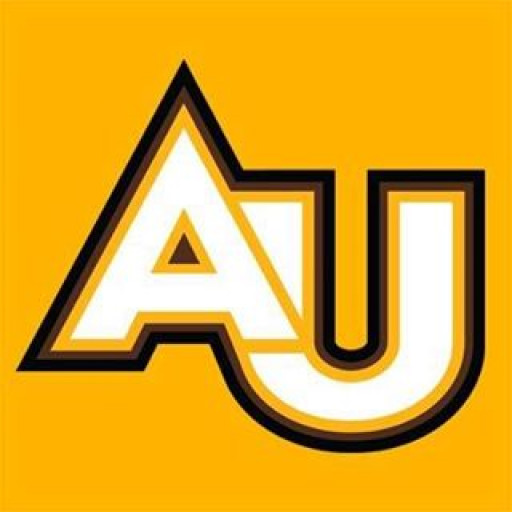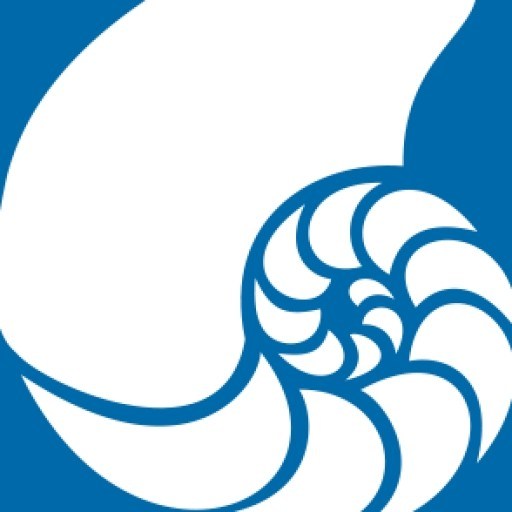Photos of university / #kansasstateuniversity
Program Overview:
The Curriculum and Instruction: Educational Computing, Design, and Learning master's program at Kansas State University is a comprehensive graduate degree designed to prepare educators, instructional designers, and technology specialists to effectively integrate digital tools and innovative pedagogies into educational settings. This program emphasizes the development of skills in educational computing, instructional design, and the application of technology to enhance learning outcomes across diverse learning environments. Students will explore theoretical foundations of instructional technology, gain practical experience in designing and implementing technology-rich curricula, and develop leadership skills to lead educational change initiatives.
Throughout the curriculum, learners will examine various aspects of digital learning environments, including e-learning design, multimedia development, computer-supported collaborative learning, and online course delivery. The program also covers essential topics such as instructional strategies, assessment and evaluation methods, and the ethical considerations surrounding educational technology. By engaging in hands-on projects and internships, students acquire the ability to create engaging digital content, utilize learning management systems effectively, and adapt technology-based solutions to meet varied learner needs.
Faculty members are experienced educators and researchers committed to fostering innovation and research in educational computing. The program encourages collaborative learning and interdisciplinary approaches, enabling students to work on real-world problems alongside professionals from different educational domains. Graduates will be equipped with the knowledge and skills necessary to serve in roles such as technology coaches, instructional designers, curriculum developers, and e-learning specialists in K-12, higher education, corporate training, and nonprofit sectors.
Designed with flexibility in mind, this program offers online coursework and evening classes to accommodate working professionals and those with other commitments. The curriculum emphasizes both theoretical understanding and practical applications, ensuring that graduates are prepared to lead technological integration in various educational contexts. Emphasizing research, innovation, and ethical considerations in technology use, the program aims to produce highly skilled professionals capable of transforming education through thoughtful, effective use of digital tools and instructional design.
With a strong focus on current trends and emerging technologies, the Curriculum and Instruction: Educational Computing, Design, and Learning program at Kansas State University prepares students to be pioneers in educational innovation, advocating for equitable access to quality education through technology-enhanced learning. Whether developing new digital learning environments or leading institutional change, graduates will be well-positioned to make a significant impact in their respective fields.
The Curriculum and Instruction: Educational Computing, Design, and Learning program at Kansas State University is dedicated to preparing educators and researchers to effectively integrate technology into educational settings. This comprehensive program focuses on the development of innovative teaching strategies, the design of engaging digital learning environments, and the application of educational computing principles to enhance student learning outcomes. Students will explore a wide range of topics, including instructional design, multimedia learning, educational software development, and the theoretical foundations of technology integration in education. The curriculum emphasizes practical skills such as creating digital curriculum materials, utilizing learning management systems, and applying emerging technologies like augmented reality and gamification to educational contexts. Through a combination of coursework, hands-on projects, and research opportunities, students will gain the expertise needed to lead technology-enhanced instruction in K-12 and higher education settings. The program also encourages collaboration among educators, computer scientists, and instructional designers to foster innovative solutions to persistent educational challenges. Graduates of the program will be well-equipped to serve as technology coordinators, instructional designers, educational technology specialists, or pursue further academic research. Throughout the program, emphasis is placed on evidence-based practices, ethical use of technology, and continuous professional development to adapt to the rapidly evolving digital landscape. By integrating theoretical knowledge with practical application, Kansas State University's Educational Computing, Design, and Learning program aims to create forward-thinking educational leaders ready to transform teaching and learning through technology.
The Curriculum and Instruction: Educational Computing, Design, and Learning program at Kansas State University requires students to complete a comprehensive set of coursework designed to prepare educators for integrating technology effectively into teaching and learning environments. The program emphasizes the development of competencies in educational technology, instructional design, and digital learning strategies. Students are expected to engage in both theoretical studies and practical applications, ensuring they can design, implement, and evaluate technology-enhanced curricula across diverse educational settings. Core coursework typically includes topics such as instructional systems design, educational computing, digital literacy, and emerging educational technologies. Additionally, students may undertake specialized classes focusing on online learning environments, multimedia design, and innovative pedagogical practices driven by technological advancements. The program often includes a practicum or internship component, providing hands-on experience in real educational contexts. Candidates are also likely required to complete a culminating project or thesis demonstrating their mastery of concepts and their ability to apply them in professional settings. Throughout the program, there is an emphasis on research-based practices, ethical considerations in educational technology use, and strategies for promoting equitable access to digital resources. Prospective students should ensure they meet any prerequisite prerequisites concerning background in education, technology, or related fields. Successful completion typically results in a Master of Science degree, qualifying graduates for roles such as educational technology specialists, instructional designers, curriculum developers, and technology coordinators in K-12, higher education, or corporate training environments. The program aligns with current trends and innovations in educational technology, ensuring graduates are prepared for the evolving landscape of digital education.
The Financial aid options for the Curriculum and Instruction: Educational Computing, Design, and Learning program at Kansas State University include a variety of scholarships, grants, loans, and work-study opportunities designed to support students throughout their studies. The university offers merit-based scholarships that are available to both incoming and current students based on academic achievement, leadership qualities, and involvement in university activities. These scholarships can significantly offset tuition costs and often do not need to be repaid.
Furthermore, students are encouraged to explore federal and state financial aid programs, which provide need-based grants and loans. The Free Application for Federal Student Aid (FAFSA) must be completed annually to determine eligibility for federal loans such as Direct Subsidized and Unsubsidized Loans, as well as Federal Work-Study programs that allow students to gain work experience while earning money towards their education expenses. Kansas State University also participates in various loan programs, including Perkins and PLUS loans, to assist students with financing their education.
In addition to traditional federal financial aid, the university offers institutional scholarships specific to the College of Education and the Department of Curriculum and Instruction. Some scholarships are awarded based on academic excellence or financial need, while others may depend on special criteria such as intended focus areas or diversity considerations. Students are advised to consult the university’s financial aid office and scholarship portals regularly to stay updated on available funding opportunities.
Part-time employment opportunities within the university, including research assistantships and tutoring roles, may also provide additional financial support. Moreover, the university occasionally offers tuition waivers for authorized students, veterans, or those participating in specific programs or partnerships.
Students planning to finance their studies should carefully review the financial aid deadlines and ensure all required documentation is submitted promptly. The financial aid office at Kansas State University offers counseling and assistance to help students navigate the application process, understand their financial options, and develop robust plans for funding their educational journey. Overall, the combination of scholarships, grants, loans, and work opportunities makes pursuing the Curriculum and Instruction: Educational Computing, Design, and Learning degree a financially feasible endeavor for many students.
The Curriculum and Instruction: Educational Computing, Design, and Learning program at Kansas State University is a comprehensive graduate-level program designed to prepare educators and technology specialists to excel in the integration of technology into educational settings. This program emphasizes the development of advanced skills in instructional design, educational technology, and innovative approaches to learning. Students enrolled in this program will explore the foundational theories of learning and teaching, along with practical applications of digital tools and resources to enhance educational experiences. The curriculum covers a wide range of topics including instructional system design, multimedia learning, online education, digital literacy, and the evaluation of educational technology tools.
The program aims to equip students with the ability to create and implement effective technology-infused curricula across various educational levels and settings. It also focuses on fostering leadership in educational technology, enabling graduates to serve as change agents and innovators within their institutions. Coursework typically includes a combination of theoretical instruction, hands-on projects, and research activities. Students can expect to work with current educational software, learning management systems, and emerging technologies to build their competencies.
Kansas State University’s program attracts educators, instructional designers, technology coordinators, and other education professionals seeking to enhance their technical skills and pedagogical knowledge. The program often offers flexible delivery options, including online coursework, allowing working professionals to pursue their degrees concurrently with their careers. Graduates of this program often find employment opportunities in K-12 schools, higher education institutions, educational technology companies, and government agencies focused on educational innovation. The program’s goal is to produce graduates who are proficient in designing, implementing, and evaluating educational technology initiatives that improve student engagement and learning outcomes. Overall, it provides a rigorous and dynamic learning environment tailored to meet the evolving demands of education in the digital age.






